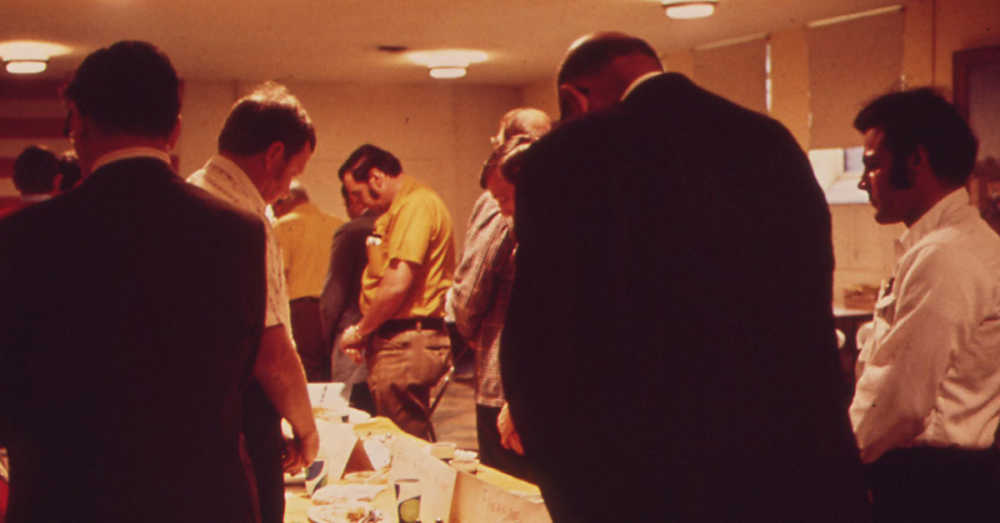We run our website the way we wished the whole internet worked: we provide high quality original content with no ads. We are funded solely by your direct support. Please consider supporting this project.
Podcast: If Open Theism is True, Does it Make Sense to Pray For Intercession?
Greg talks about prayer and freedom. Specifically, if free will is so important, why would God override it in answer to prayer?

Send Questions To:
Dan: @thatdankent
Email: askgregboyd@gmail.com
Twitter: @reKnewOrg
Greg’s new book: Inspired Imperfection
Dan’s new book: Confident Humility
Subscribe:
Category: ReKnew Podcast
Tags: Open Theism, Prayer
Related Reading

How do you respond to Matthew 24:1–44?
This is Jesus’ Mount of Olives discourse in which, according to many scholars, he prophesies concerning the conditions at the end of the age. “And you will hear of wars and rumors of wars; see that you are not alarmed; for this must take place (vs. 6)…nation shall rise against nation…there will be famines and…

How do you respond to Matthew 20:17–19?
“The Son of Man will be handed over to the chief priests and scribes, and they will condemn him to death; then they will hand him over to the Gentiles to be mocked and flogged and crucified, and on the third day he will be raised.” God knew perfectly the hearts of all the Jewish…

What is the significance of Exodus 32:33 ?
The Lord says “I will blot out of my book” all those who persist in rebellion against him. If everything is eternally foreknown by God, one wonders why he would have recorded in his “book” the names of people who were to be blotted out eventually (cf. Rev. 3:5). Indeed, if God foreknew that certain…

What is the significance of Revelation 3:5?
“If you conquer, you will be clothed like them in white robes, and I will not blot your name out of the book of life…” If God is only the God of certainties, it is not clear how he can honestly speak in conditional terms (“If you conquer…”) and it is not clear why he…

What is Open Theism?
Open Theism is the view that God chose to create a world that included free agents, and thus a world where possibilities are real. The future is pre-settled, to whatever degree God wants to pre-settle it and to whatever degree the inevitable consequences of the choices of created agents have pre-settled it. But the future…

Does God Change His Mind?
Classical theologians usually argue that texts that attribute change to God describe how he appears to us; they do not depict God as he really is. It looks like God changed his mind, but he really didn’t. Unfortunately for the classical interpretation, there are many texts that do not say, or remotely imply, that it…



